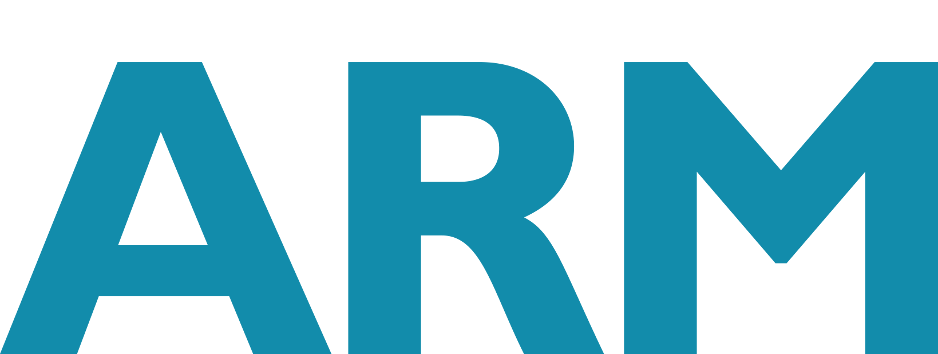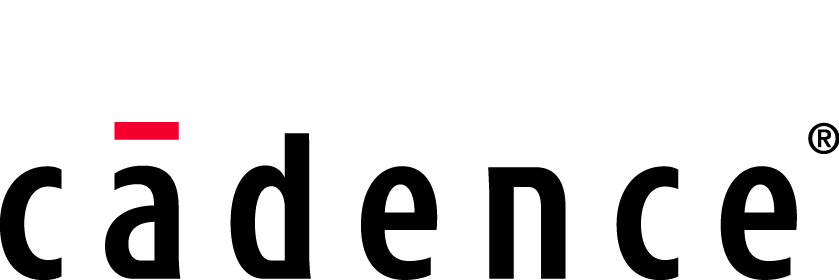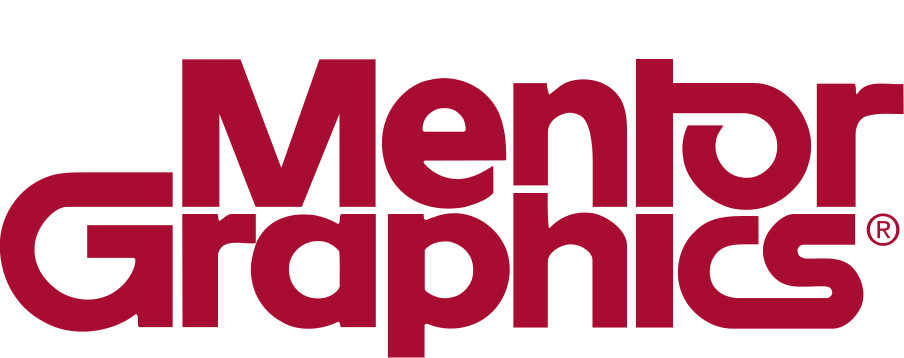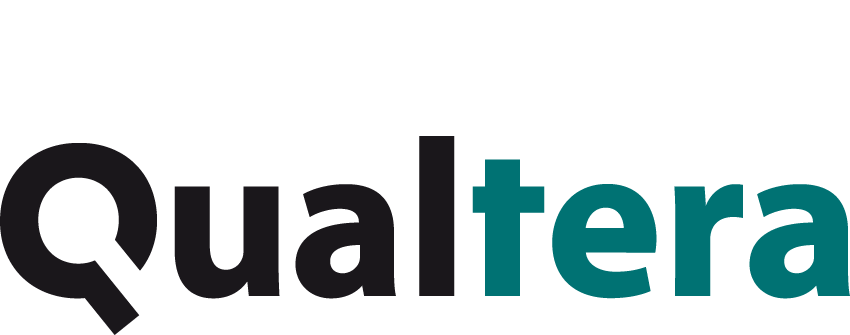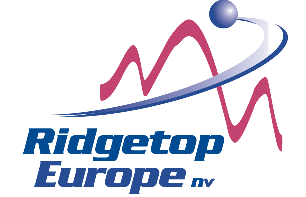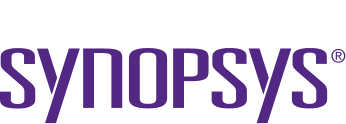ETS2 Special Track
"Automotive on its way to zero defects … how do they do it?"
General introduction to this year's ETS2 sessions
Although this year the ETS2 mentions the automotive quality, reliability and costs as a key theme, this of course also touches other areas where these issues are key. In three sessions we will discuss the various aspects that play a role.
The ETS2 sessions are driven by the industry, and key industrials will introduce topics and issues which are high on their "list of concerns". The introductory presentations per session will take about 45 minutes, the remaining time in each session is then reserved for discussions.
The format of the sessions is informal, and presentations are not published in whatever form. No recordings are permitted during the ETS2 sessions.
Session 1B: On Launching an Automotive Product with an Immediate Guaranteed High Quality and Yield
Tuesday, May 23, 11:00 - 12:30
This first ETS2 session will discuss the so-called safe launch or, in other words, what needs to be done to get to the required quality and reliability immediately when the 1st product leaves the foundry. We start with the view from the foundry and the fabless company, c.q. the IC supplier. Topics to be presented include aspects like DfT, DfM, Diagnosis, quick Yield Learning, FA, Test Program Generation and the preparation of the ATE. Next we have the experience and view from an end customer. Experience shows that during the ramp up of new devices, be it ICs or applications, an initial test coverage gap may become dominant and may drive car manufacturers into dissatisfaction. Will, besides all the technical aspects, a more closer cooperation between the various stakeholders in the supply chain a solution to this problem?
Introductory speakers:
Thomas Hermann (GLOBALFOUNDRIES)
Title : "Designing for Automotive Quality: Practical DFM and DFT considerations"
Robert van Rijsinge (NXP)
Title : "First Time Right Test Set-Up: Key for a Perfect Automotive Launch"
Viktor Mueller (Continental)
Title : "Experience and Expectations of Automotive Suppliers for Smooth Launch"
Session 2B: How to Get the Required Quality and Reliability at Reasonable (Test) Costs?
Tuesday, May 23, 14:00 - 15:30
The second ETS2 session is mostly about defects, faults and failures, and on how we will detect them, now as well as in the future. We kick off with questioning the coverage of scan testing, and next the emerging relevance of back-end and packaging defects and faults will be discussed. With the increased usage of SIPs (System In a Package) for sure this is becoming an important issue. Last but not least, we observe the need and challenge to limit the test-times. This is becoming a serious issue due to the fact that we seem to move towards more and more physical lay-out based tests. That looks a must in order to achieve the required quality, but test-times are exploding and we’re short of a way to balance how much of each test type is to be used. Clearly, this is not a new problem but seems to become increasingly important now.
Introductory speakers:
Ralf Arnold (Infineon)
Title : "Limitation of Scan Diagnosis Leading to New Tools Required for Debugging Scan Problems".
Davide Appello (STM)
Title : "On Emerging Packaging Defects Impacting Reliability and Test Coverage”.
Peter Maxwell (ON semiconductors)
Title : “How do we Manage the Profusion of New Tests being Generated to Improve Quality?”
Session 3B: How Does the AMS Area Cope with the High Quality Requirements?
Tuesday, May 23, 16:00 - 17:30
The third ETS2 session is all about AMS testing, a continued tradition for the ETS2. Increasingly the key question to ask ourselves concerning AMS circuitry is "do we guarantee the spec or do we (want to, need to) catch defects when testing mixed signal (automotive) circuits?". It is well known that pure spec testing results in long development times, long test times and a moderate quality. Indeed, experiments have shown that spec tests have a poor defect coverage and are at the same time highly redundant, while new defect-oriented techniques allow to improve the actual fault coverage of the analog circuits. We will elaborate on why analog and mixed signal DfT is a challenge, and will define the ideal profile of an AMS DfT/test engineer. It then becomes also clear why it is hard to get a good AMS test engineer. Finally the first publicly-accessible set of AMS benchmark circuits will be presented and discussed. This set will further support the move towards defect oriented testing in the AMS arena, a.o. by enabling fault simulation, design-for-test, test generation to compare test costs, defect coverage, defect tolerances etc.
Introductory speakers:
Wim Dobbelaere (ON semiconductor)
Title : "Testing of Mixed Signal Automotive Circuits : do we Guarantee the Spec or do we Catch Defects?”
Hans Martin von Staudt (Dialog Semiconductor)
Title : "Who Solves the Mixed-Signal DfT Challenges?"
Stephen Sunter (Mentor Graphics)
Title : "A Publicly-Accessible Set of AMS Benchmark Circuits"

